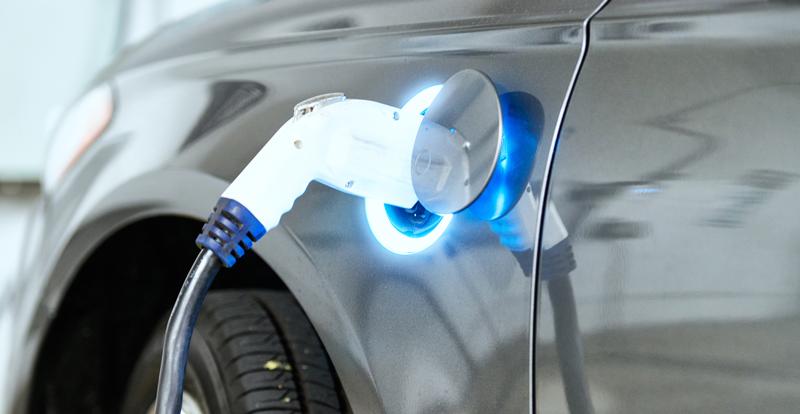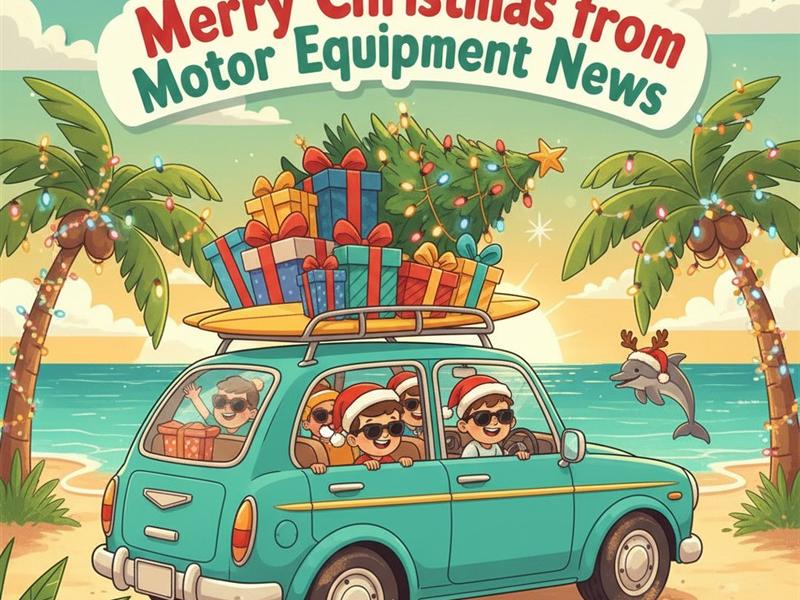Although it’s fantastic to see the rapid rate of progress in the automotive industry, with petrol engines exceeding 40% efficiency, and diesels even more, plus electric vehicles finally climbing in number, this presents a whole set of challenges for the workshops which will have to repair them.
For the young people coming into the industry it who have been raised on personal computers, mobile phones, and tablets, which have computing power un-dreamed of not so long ago, they will quickly adjust and work their way through the myriad changes that are coming.
But what about those who prefer to “feel” their way through a car, to listen to the engine and all the other noises going on, and to make their judgements based on knowledge rather than readouts on a scan tool?
In our Panel & Paint section this month we have a glimpse at the next Automechanika expo to be held in Germany next year, and in particular the huge growth in workshops which have chosen to let time stand still, in a manner of speaking, and concentrate on maintaining or renovating classic cars, where there’s no OBDT port to plug a scan tool into, and experience and years of knowledge counts more than anything else.
If the anecdotal evidence of my own eyes is anything to go by, there seem to be more and more classic cars around than ever before, most of them in great nick and driven by proud, albeit usually a bit long-in-the-tooth, owners.
Some of them can do their own repair work, but for many it stops at routine maintenance; either because that’s as far as their experience goes, or simply because they’ve had enough of getting their hands dirty!
All of which means there have to be openings for real petrol heads who want to carry on working, but are cyberphobic – they can’t get to grips with computers and their off-shoots, such as scan tools.
There’s a lot of experience and knowledge out there, and I, for one, wouldn’t like to see it just fade away! A classic car restoration and repair business – or sideline – might be just what you’re looking for.






